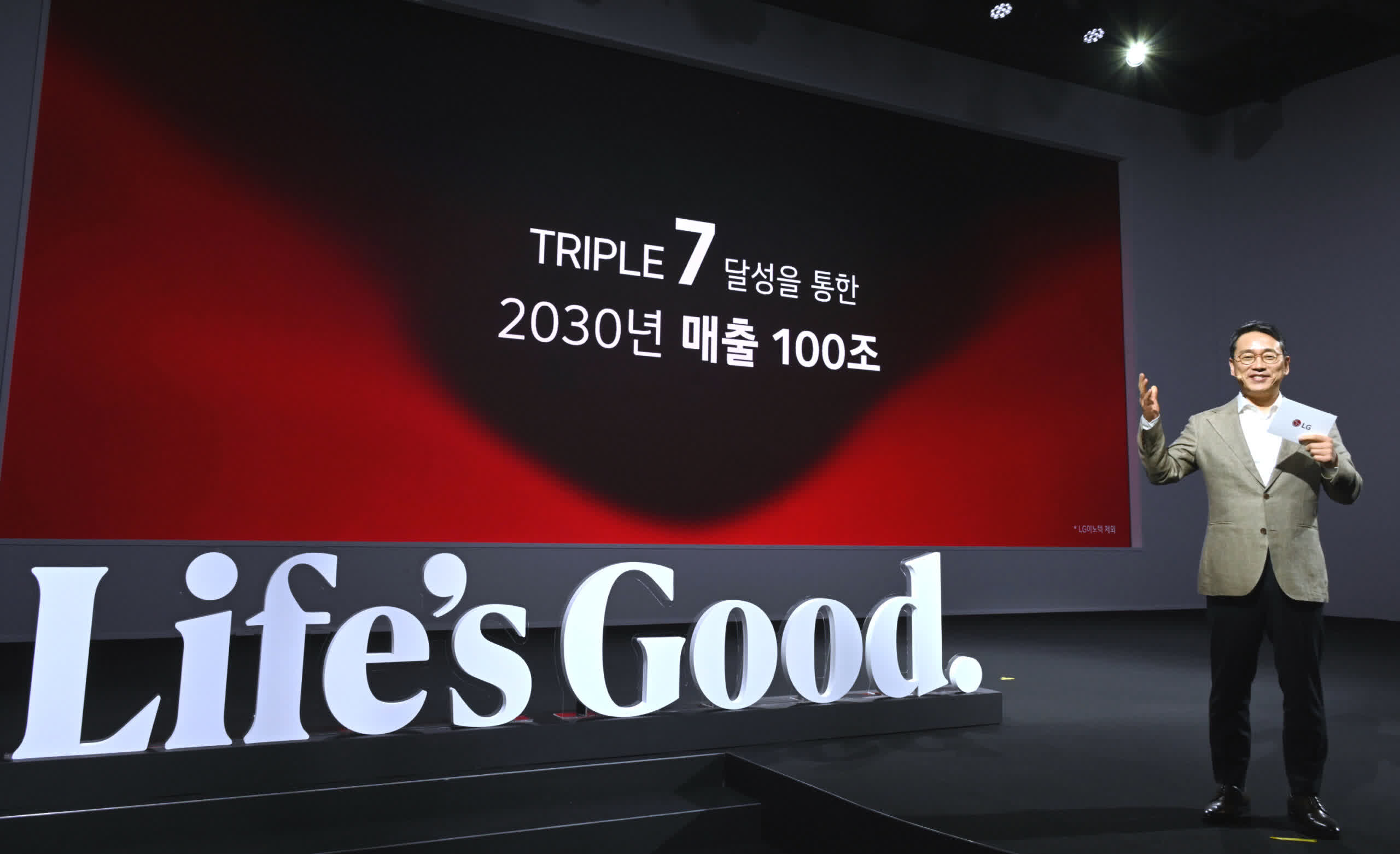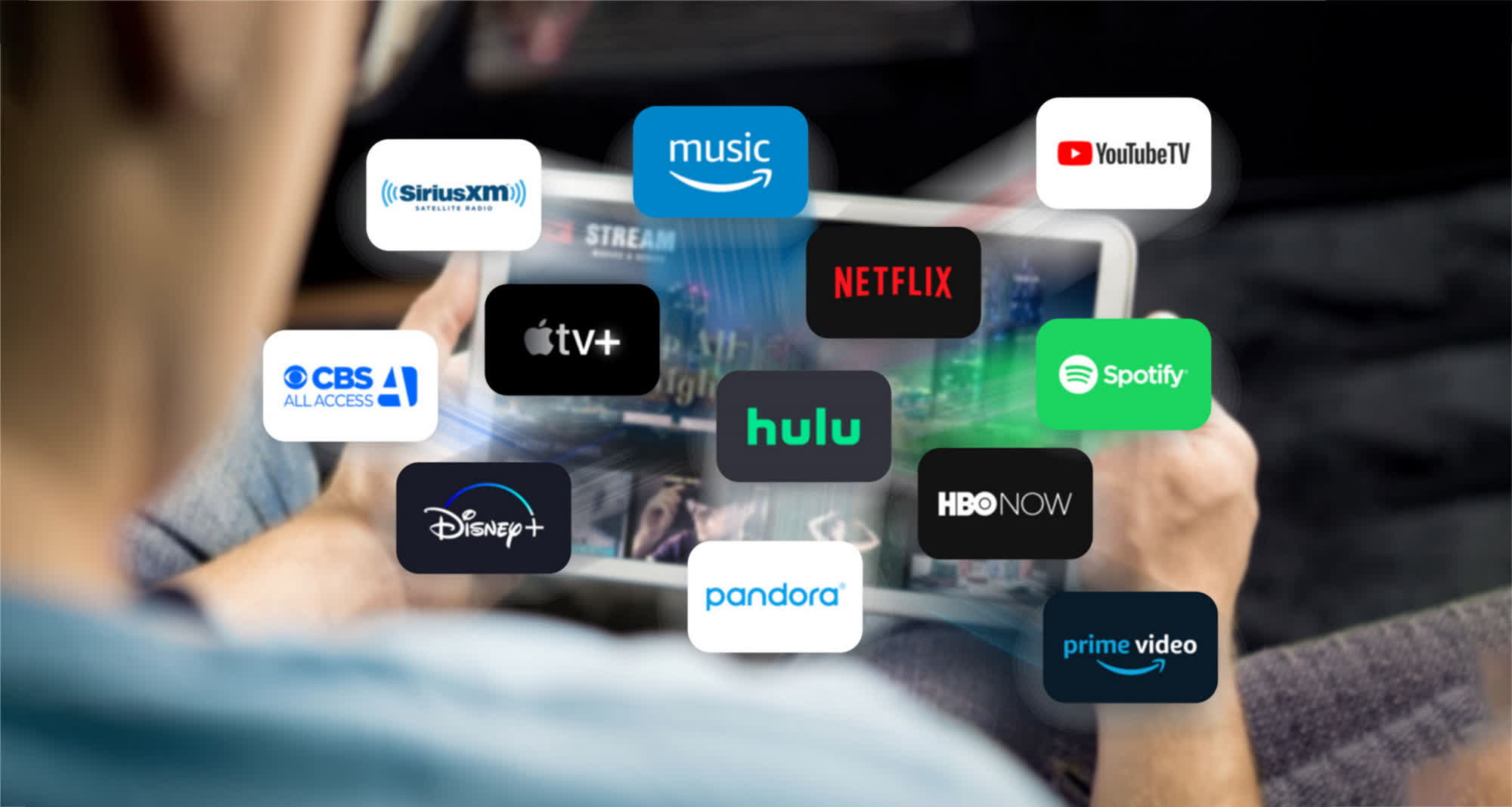Facepalm: South Korea's LG is already one of the largest TV manufacturers in the world, but the company is still seeking new ventures to inflate its revenue streams. Its latest idea turns the trite, old appliance business into a subscription-based service provider.
In the neverending quest for satisfying quarterly results and growing market expectations, LG Corporation has a "bold" new vision to turn its TV business upside down. The company wants to become a media and entertainment service provider, so it can squeeze more money out of customers by forcing them to subscribe to yet another television-streaming service.
The plan begins with the next updates to webOS, the operating system that the company says powers over 200 million Smart TVs worldwide. The proposed, platform-based service model can "continuously" generate profits while the hardware-oriented business (televisions) generates one-time "sales and profits."
The corporation aims to create a business model centered on "customer engagement," where appliances already present in people's homes can deliver new content, services, and advertising. Over five years, LG will invest 1 trillion KRW (around $790 million) to strengthen its "content competitiveness" for LG Channels, an advertising-based free broadcasting platform.

The firm is also seeking quantitative growth--increasing the webOS user base by supplying the operating system to third-party corporations and TV brands. In addition to TVs, Lg wants to include ThinQ UP in its plans. ThinQ UP is a brand of appliances that can evolve and upgrade their functions based on a customer's needs after the initial purchase.
Furthermore, LG wants to grow its appliance and car rentals, which have maintained a 30% annual growth rate over the past five years, with more services and features. The company's roadmap also includes a growing business for EV parts, heating, ventilation, and air conditioning (HVAC) devices--a "preemptive" preparation for future opportunities in the energy business.
William Cho, LG's CEO, said the company's foray into the subscription business is part of the plan to turn the "old" television manufacturer into a "smart life solutions company" by 2030. However, LG will likely have to fight tooth and nail for market share, as the number of companies reinventing themselves as subscription-based businesses is skyrocketing, and customers are already suffering from subscription fatigue.
